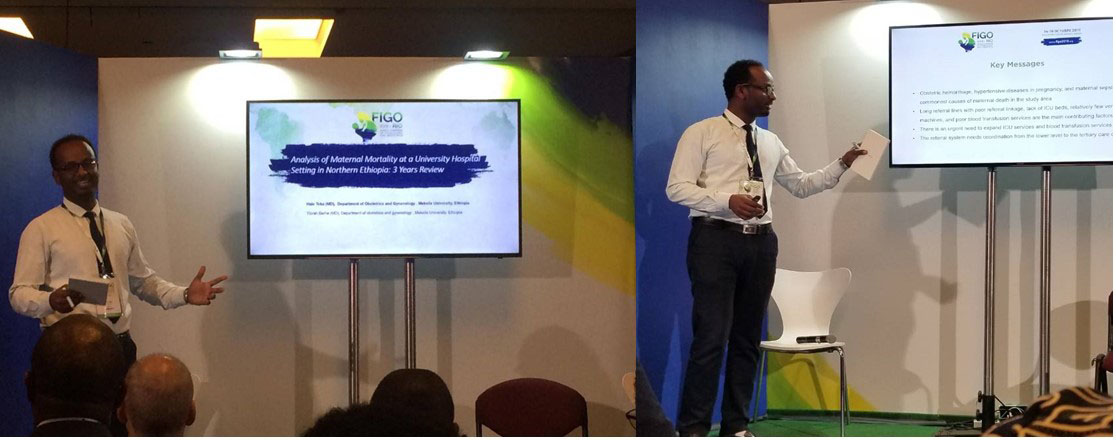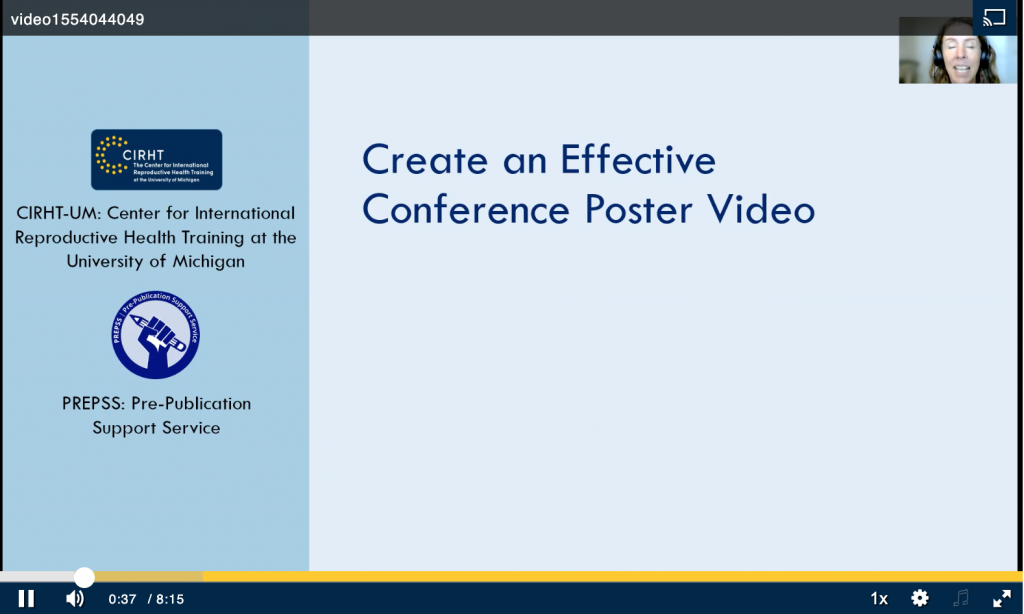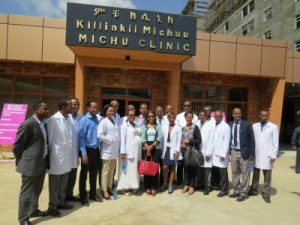Analysis of Maternal Mortality at a University Hospital Setting in Northern Ethiopia: 3 Year Review

DOI: 10.1002/ijgo.12582 FCS741
Hale Teka; Berhe Zelelow
Mekelle University, Ayder Comprehensive Specialized Hospital, Mekelle, Ethiopia
Objectives: Maternal mortality ratio in Ethiopia is one of the highest in the world. Despite measures to alleviate it and showing a promising declining trend, it still remains unacceptably high. This study was conducted to systematically analyze causes of maternal death and contributing factors.
Method: This was descriptive, retrospective chart and institutional Maternal Death Surveillance Committee review of 3 years period at Ayder Comprehensive Specialized Hospital, Northern Ethiopia.
Results: There were 52 maternal deaths from July 1, 2015–June 30, 2017 at Ayder Comprehensive Specialized Hospital. The main causes of these 52 maternal deaths were; obstetric hemorrhage 21.2%, hypertensive disorders of pregnancy 19.2% and sepsis 13.5%. Eighty six point five percent (86.5%) of the mothers were referred and 71.1% of these traveled more than 100 kilometers from the referral site for blood transfusion, intensive care unit
admission, and further work up and evaluation. Agonizingly two mothers were referred from an institution 498 kilometers away from our center.
Conclusions: Most maternal deaths occurred postpartum. Obstetric hemorrhage, hypertensive disorders in pregnancy, and sepsis are the major causes of direct maternal deaths and congestive heart failure, viral hepatitis and its complications and anesthesia related deaths are the major causes of indirect maternal deaths. There is an urgent need to expansion of intensive care unit (ICU) and availing blood transfusion services in all the general and regional hospitals. Similarly, delays in referral, poor management prior to referral, risky long referral line without support should be addressed through a system change.







